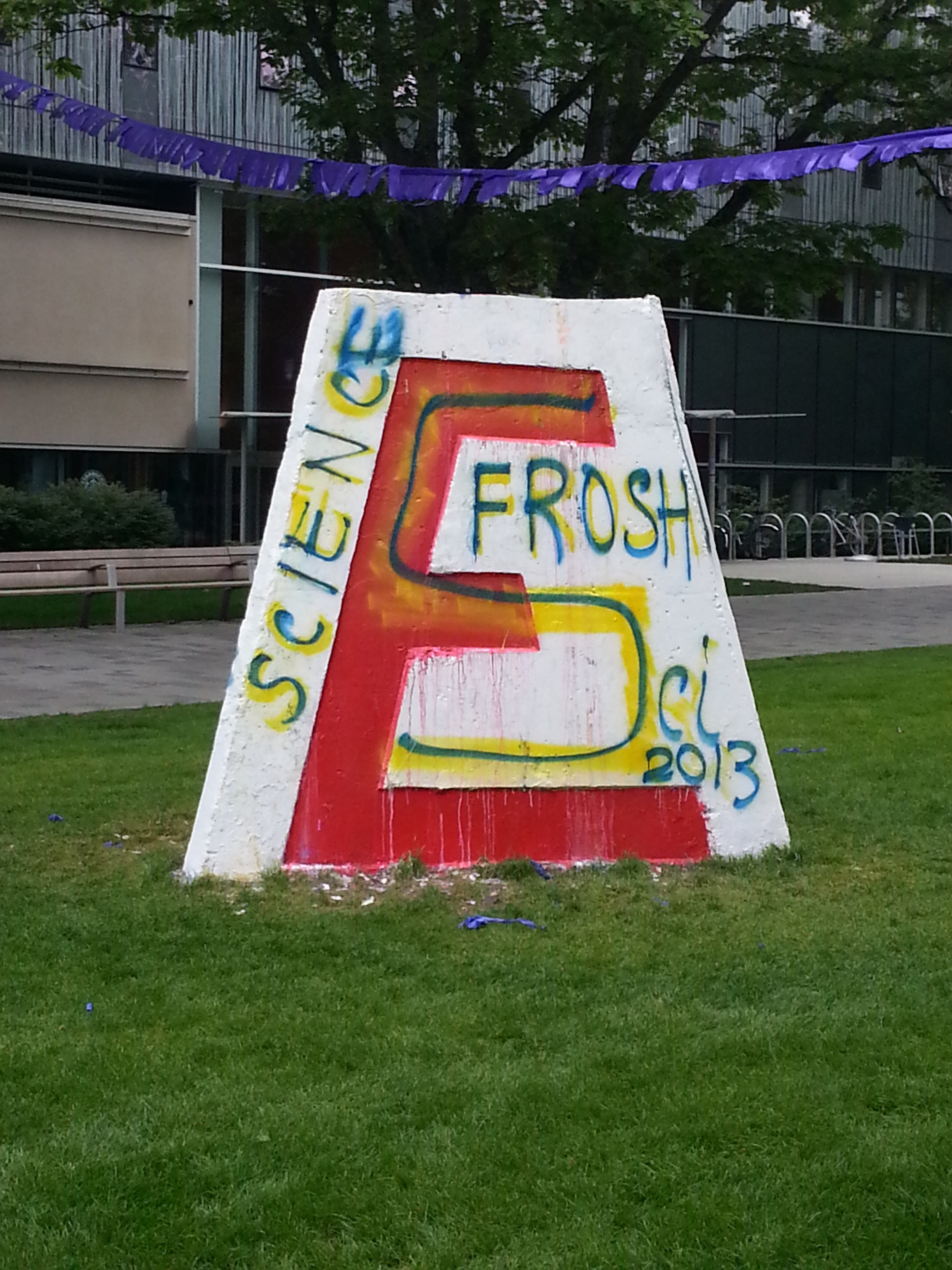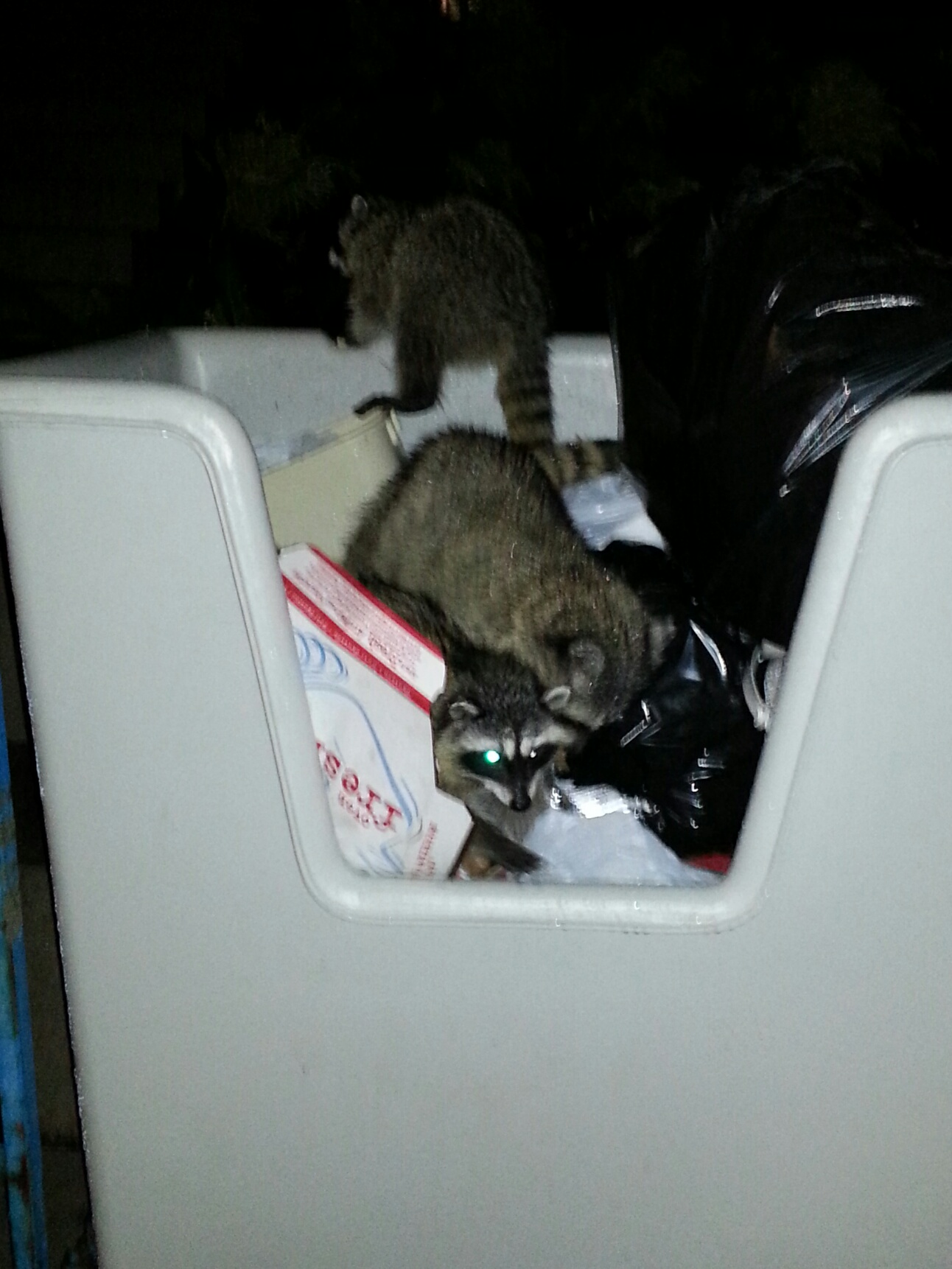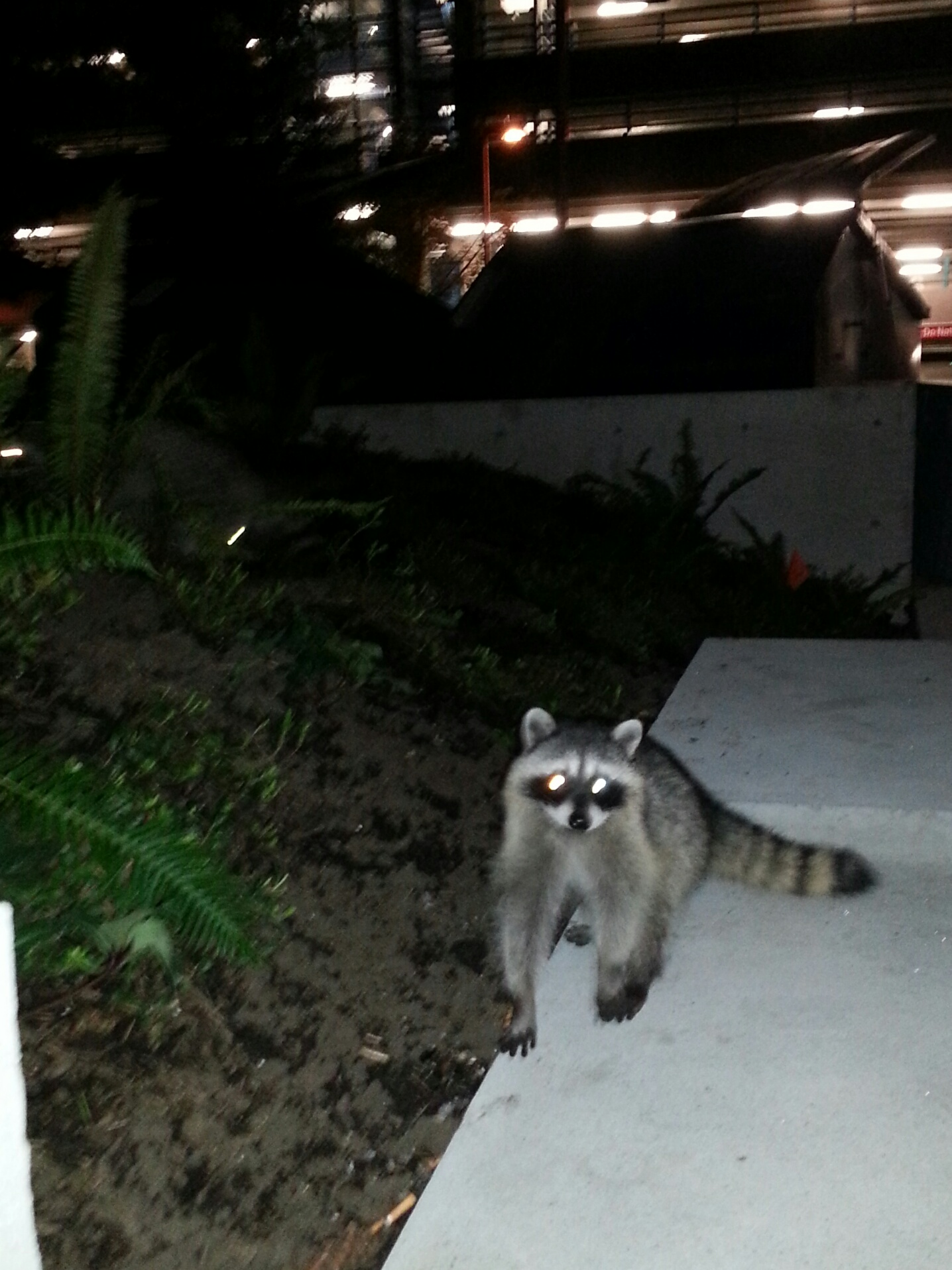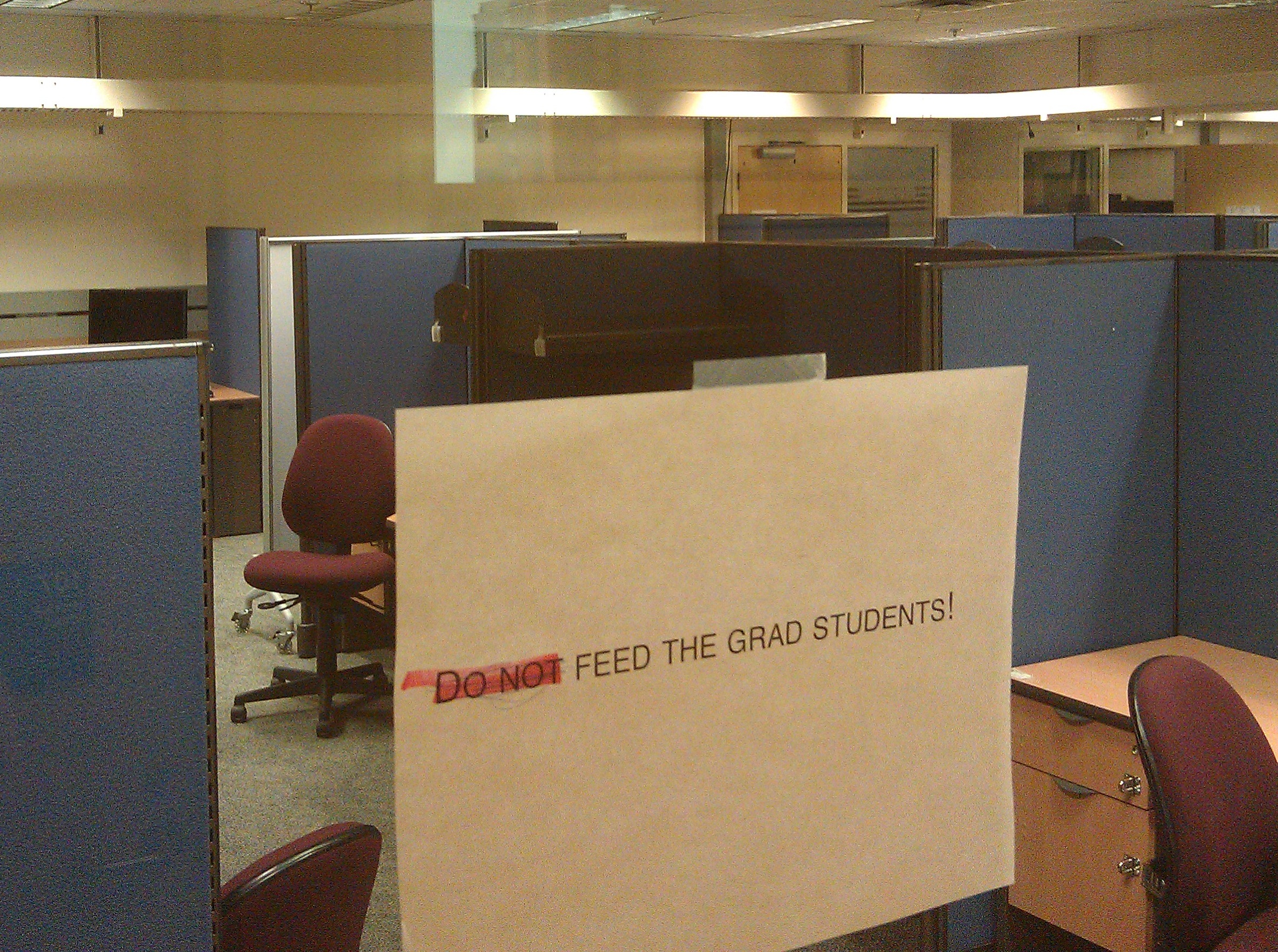Grad students love “pourovers.” No, that’s not some French Canadian word… see here. (Personally, I don’t know what’s so difficult about using a French press.)
College is still worth it. A post-secondary education is still a worthwhile investment, if we are safe in making certain assumptions. (This data is from my home country, so it might not even be applicable here in Canada.)
Nerds can tag, too.
The major sources of funding in Canada are: The Canadian Institutes of Health Research (CIHR); the Natural Sciences and Engineering Research Council (NSERC); and the Social Sciences and Humanities Research Council (SSHRC).
- If you’re in medicine or biology, you’re probably funded by CIHR.
- If you’re in other sciences, you hope to have NSERC money coming your way.
- If you’re in the humanities, you look toward SSHRC.
Calhoun’s internet tickets don’t expire. If you don’t use the internet when you’re there, your ticket will still be valid the next time you visit. I used a week-old ticket today. (Calhoun’s is a 24-hour café/bakery where an endless torrent of UBC students come to study.)
Tater tot eating contest! (Huh?)
Being a(n adjunct) professor can kill you. Literally.
Blackboard is still just as crappy as it was 7 years ago. (Yes, the last time I was in school was almost 7 years ago.)
The 99 B-Line is really loud... at 1 a.m. on a Saturday on the way back to UBC, that is!
Computer science professors at UBC prefer the term “computational intelligence” to “artificial intelligence.” Because after all, when does it cease to be artificial? What is artificial? Whoa, that's deep...
The Stanford Prison Experiment is not all that remarkable. It seems like every pop psychology article I read cites the famous Stanford Prison Experiment in one way or another, as an example of the inherent brokenness of justice systems, or something like that. But now that I’ve actually been forced to read about it as part of research ethics training,1 it’s clear to me that the experiment was designed to produce draconian behavior from the get-go! We cannot safely conclude anything from this study.2
UBC campus is an ecosystem. There are skunks and raccoons and giant seagulls everywhere! And these are my coonfriends. These guys aren't the least bit phased by humans.
There are amazing free apps to manage libraries of PDF documents. Though I have far from explored the space yet, the main ones seem to be:
- Mendeley (free)
- Zotero (free)
- Papers ($49)
- Endnote ($122.45)
- RefWorks (webapp only, free if accessed through your institution)
- many others
These are objectively awesome. I have even started to use them for note-taking in class, instead of paper. I might write a more detailed blog post about this in the future, depending on how well it works out.
It’s hard for students to ask questions in class. Some instructors get annoyed when students get lost in class and don’t ask for help. But now that I’m a student again, I can see that it’s nearly impossible to ask good questions. I’m not going to say any more about this now; I’ll write a full post on this later.
Finally, don’t feed the grad students.
- Look out for this if you’re a new grad, too. You must take one of these if you are going to be involved in any kind of human or animal trials! Ask your advisor if you need it.
- There was no clear experimental design, no independent variable, no controls: just an environment designed to produce maximum psychological effect. There is next to nothing to be learned from the Stanford Prison Experiment; at best, it is an anecdote, not an experiment. And here we have entire theories of social psychology and humanity built upon it. In fact, the only really interesting observation to be made is how out of 50 outside observers of the experiment, only a single person ever objected to what was being done. Disturbing, indeed, but not conclusive of anything in particular.






Woah! I didn't know there was a grad student on the UBC Blog Squad!
Cool raccoon pictures :) I love our raccoons :)
In fact there's five of us! Check it out, we even got our own tag. :-P http://blogs.ubc.ca/blogsquad/tag/grad-student-bloggers/
if you like zotero or mendeley, you might also like the tool i am developing: Docear (www.docear.org). It allows you to organize your notes (made in PDFs) and draft your own papers. it works stand-alone or together with Zotero or Mendeley.